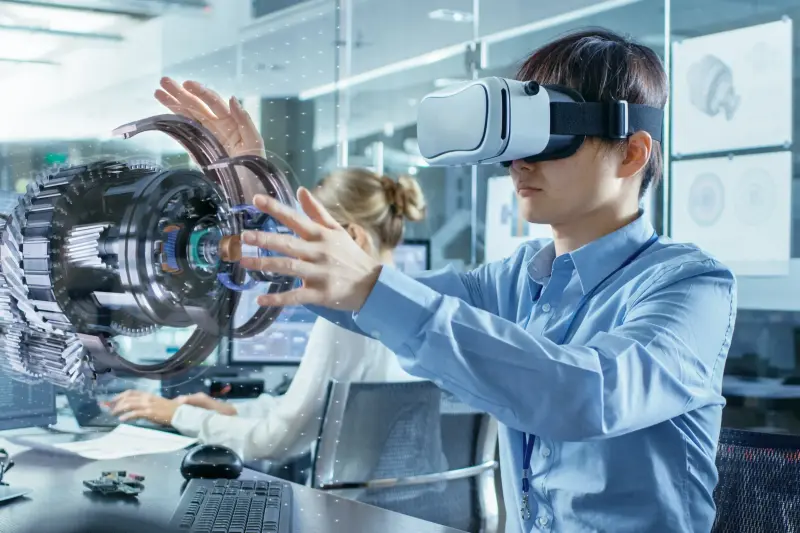
The Evolution of Smart Home Devices
Smart home devices have revolutionized how we live, transforming ordinary houses into connected ecosystems. From intelligent lighting systems to voice-activated assistants like Amazon Alexa and Google Assistant, these gadgets have become integral to modern households. They simplify everyday tasks such as controlling room temperature, managing security cameras, or automating cleaning routines with robotic vacuums.
The history of smart home technology began with innovations like programmable thermostats and early home security systems. Over time, advancements in wireless connectivity and cloud computing enabled the development of devices that could communicate seamlessly. Today, smart home hubs act as central controllers, connecting a variety of gadgets to create a cohesive network.
Despite their convenience, these technologies raise concerns about privacy and data security. Many smart devices collect and transmit personal data, which, if mishandled, could compromise user confidentiality. Manufacturers are increasingly adopting encryption and other protective measures to address these risks.
Looking ahead, the potential for smart home devices to further integrate artificial intelligence is immense. Future developments may include more intuitive systems capable of learning user habits and predicting needs with greater accuracy. As these gadgets become more affordable and accessible, they are likely to redefine the concept of home life entirely.
Send message